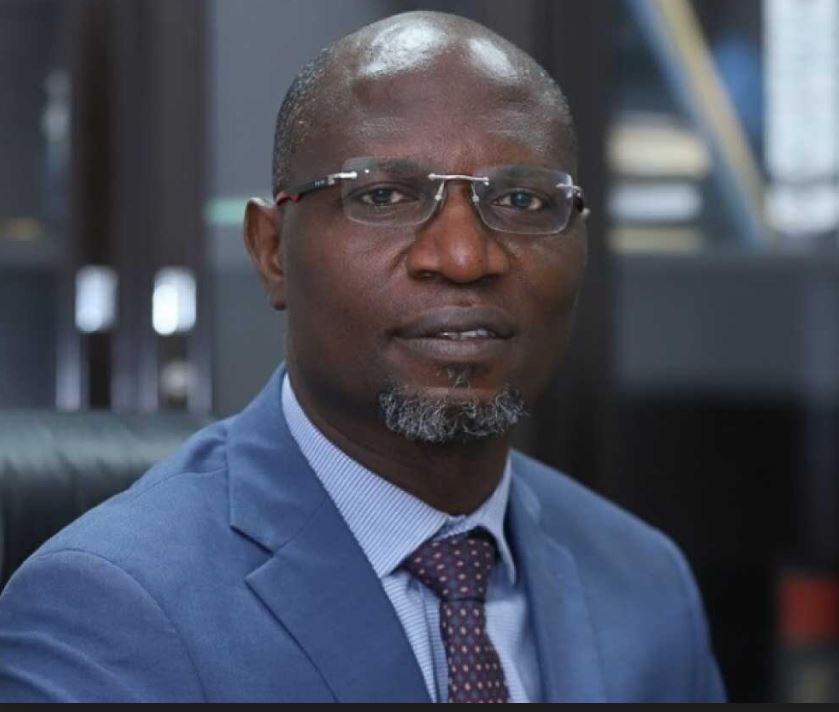The Director General of the Securities and Exchange Commission, Dr Emomotimi Agama, has said that the it will leave no stone unturned in enforcing regulatory standards on crypto and other financial businesses in the Nigerian space.
According to him, individuals and entities operating outside the regulatory framework will face severe sanctions.
Agama, who assured Nigerians that President Bola Tinubu is keenly interested in activities that involve the youth, including the cryptocurrency trading, gave the warning in a statement on Sunday.
Noting that SEC was dedicated to protecting investors and the general public, he insisted that although innovation was welcome, all participants must adhere to laid down rules.
Agama said: “We are certainly going to commence enforcement actions on anyone who wants to operate in this market and does not have the intention of being regulated.
“This also applies to those in the crypto space. We are sending this signal to all those who want to play by the books that they are welcome to our space. But for those that do not want to play by the books, we definitely will not allow them to operate within our space.”
This firm stance comes on the heels of the SEC’s recent move to issue an Approval-in-Principle to two cryptocurrency exchanges, signalling a shift towards formalizing the sector while ensuring investor protection.
As the apex regulator of the Nigerian capital market, the SEC is committed to adhering to international standards, particularly in areas such as Anti-Money Laundering (AML) and Combating the Financing of Terrorism (CFT). Agama stressed the importance of full disclosure, which is a key component of the Commission’s regulatory framework.
He said: “We follow international guidelines, one of which is about disclosure. Full disclosure and ensuring they meet AML and CFT standards are critical to safeguarding the market. The SEC’s approach is also focused on investor education, ensuring that market participants are well-informed and operating within a guided regulatory environment.
He said: “It is our responsibility to ensure that whoever is operating in our environment must follow the rules and must not do anything that will cause harm to our economy. It is imperative that we bring clarity and understanding to the entire system and ensure everybody works by the books as provided.”
Recognising the complexity of securities regulation, particularly in the rapidly evolving fintech and cryptocurrency space, the SEC is investing in the education and training of its staff. Dr. Agama revealed that SEC employees are actively participating in international training programs, such as the one organized by the International Organisation of Securities Commissions (IOSCO) on crypto regulations in Spain.
Agama said: “Training is important, education is important, exposure is important, and of course, a sense of responsibility is also important. We see this as a national task, and we are committed to operationalizing our mandate in line with global standards.”



